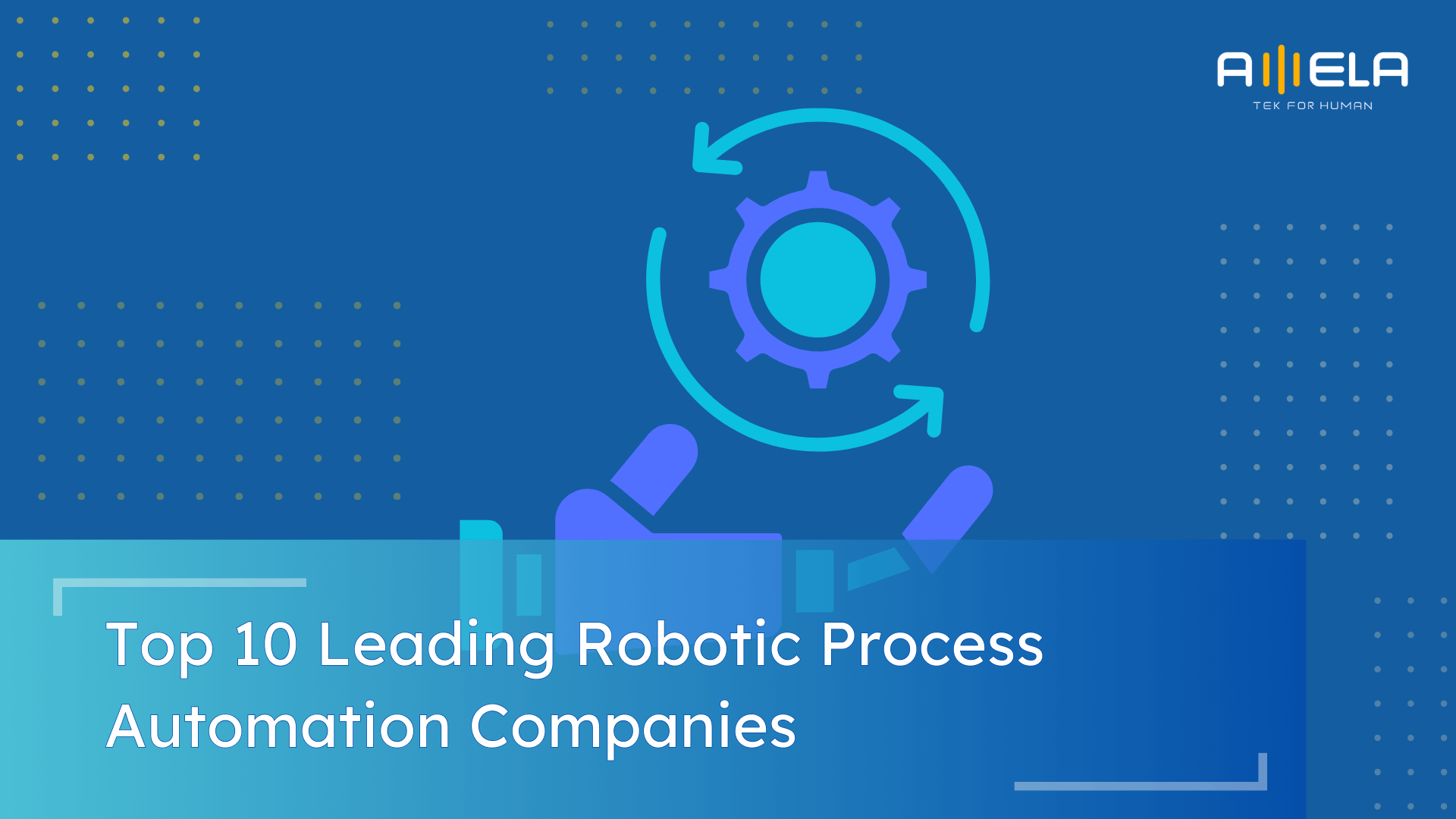Blockchain technology is revolutionizing various industries with its promise of decentralization, security, and transparency. As businesses explore the potential of Web3 and decentralized applications (dApps), the choice of the right programming language becomes crucial. Among the many options available, C++ stands out as one of the most efficient and powerful languages for blockchain development. In […]
IoT Protocols decide how data is shared, secured, and managed across the Internet of Things. Choosing the right protocol can make or break your IoT project — affecting everything from battery life to scalability and reliability. In this guide, we’ll walk through the main types of IoT protocols and standards, how they work, and which […]
The mobile app world is evolving faster than ever — and businesses no longer want to build two separate apps for iOS and Android. That’s where cross platform mobile app development frameworks come in. These frameworks let developers write code once and deploy it across multiple platforms, saving time, cost, and effort — without sacrificing […]
You’re probably here because you’ve seen how fast the language learning industry is growing — and you’re wondering how to build how to build a language learning app that can stand out in that crowd. Maybe you’ve tried language apps yourself and thought, “I could make something better.” Or maybe your company wants to create […]
Choosing the right React Native framework can feel like standing in front of a buffet — everything looks good, but the wrong pick might leave you with technical indigestion later. At AMELA Technology, our team has worked with most of the top frameworks across dozens of real-world mobile app development projects — from enterprise SaaS […]
Cloud technology has completely changed how businesses build, deploy, and scale applications — but what truly sets it apart are the key characteristics of cloud computing. These characteristics define why the cloud is faster, smarter, and more cost-effective than traditional IT setups. From on-demand access and scalability to security, automation, and pay-as-you-go pricing, each characteristic […]
The demand for automation has exploded in recent years, and organizations across every industry are turning to the top RPA companies to streamline operations, reduce costs, and scale faster than their teams alone can manage. But the automation market is crowded — from giants like UiPath and Automation Anywhere to powerful AI-driven platforms like WorkFusion […]
For enterprises and startups eyeing Japan’s dynamic digital market, the dating app space offers both inspiration and opportunity. Once considered a niche category, Japanese dating apps have rapidly gained mainstream acceptance, transforming how people connect and build relationships. But here’s the twist: while users swipe, match, and chat, the real story for businesses lies behind […]
Blockchain applications are transforming how industries operate — from finance to healthcare to gaming. These aren’t just crypto tools anymore; they’re real systems built on decentralized technology to make data more secure, transparent, and efficient. From Ripple speeding up global payments to IBM Food Trust tracking food origins, blockchain apps prove that trust and automation […]
Singapore, a thriving financial and technological hub, faces a constantly evolving cyber security landscape. Businesses of all sizes require robust defenses against sophisticated cyber threats. Fortunately, Singapore boasts a flourishing ecosystem of exceptional cybersecurity companies. This blog post unveils a comprehensive list of the top 10 cyber security companies in Singapore. We’ve meticulously selected these […]













